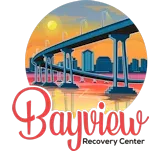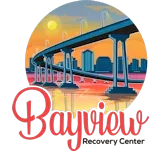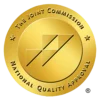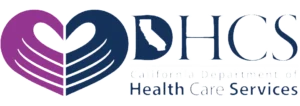Addiction is a pervasive issue that affects countless individuals and their loved ones in San Diego, California. From substance abuse to behavioral addictions, the detrimental impact of addiction can be felt across all facets of society. Fortunately, there is hope and help available through addiction treatment programs in San Diego.
Our addiction treatment programs in California can help you or a loved one struggling with substance abuse. Get help today.

Understanding Substance Abuse
The misuse of substances often starts with experimentation or social pressure but can quickly spiral into addiction. While some people may be able to use substances recreationally without developing a problem, others may have a genetic predisposition or underlying mental health issues that make them more susceptible to becoming addicted.
Substance abuse is not just limited to the individual using the substance; it also has significant impacts on their loved ones and society as a whole. Families of those struggling with substance abuse often experience emotional and financial strain as they try to support their loved ones and deal with the consequences of their behavior. Additionally, substance abuse has been linked to increased crime rates, workplace incidents, and healthcare costs.
One crucial aspect of understanding substance abuse is recognizing that it is a disease rather than a choice. Like other chronic illnesses, addiction alters the brain’s functioning and impairs an individual’s ability to control their actions. This understanding helps reduce stigma and promotes empathy towards those struggling with substance abuse. Learn how our addiction therapy services in California can help.
Addiction Is A Complex But Treatable Disease
Addiction is a complex but treatable disease that affects millions of people worldwide. It is defined as a chronic, relapsing brain disorder that is characterized by compulsive drug seeking and use despite harmful consequences.
Many factors contribute to the development of addiction, including genetic, environmental, and psychological factors. The initial decision to use drugs may be voluntary, but repeated use can lead to changes in the brain’s structure and function, making it difficult for individuals to control their drug use.
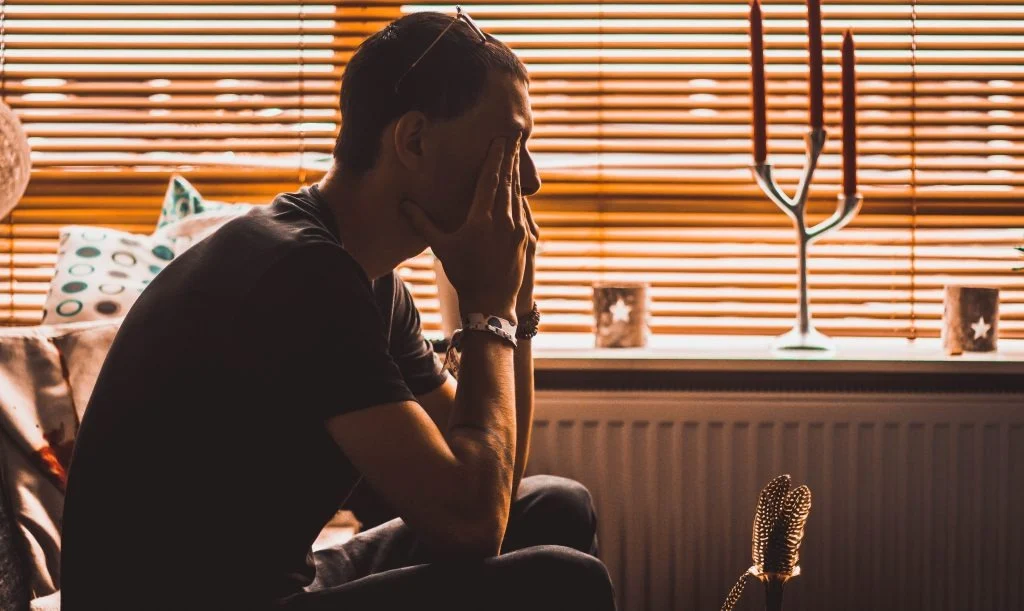
Fortunately, addiction is treatable. Treatment options include behavioral therapies, such as cognitive-behavioral therapy and contingency management, as well as medications that can help reduce cravings and withdrawal symptoms.
One important aspect of treating addiction is addressing any underlying mental health issues that may be contributing to the addiction. It is also crucial for individuals to have a strong support system and access to resources such as transportation to rehab, support groups, and aftercare services.
Recovery from addiction is a lifelong process and may involve multiple relapses. However, with our recovery programs for addiction in San Diego, CA, individuals can manage their addiction successfully and live fulfilling lives.

Common Substances Abused in California
Alcohol is the most frequently abused substance in California, with nearly 6 million adults reporting binge drinking in the past month. Binge drinking is defined as consuming 4 or more drinks for women and 5 or more drinks for men in a single sitting. Alcohol-related deaths have also been on the rise in recent years.
Marijuana, which was legalized for recreational use in California in 2016, is another commonly abused substance. The state has seen an increase in marijuana-related emergency room visits and DUI arrests since legalization.
Marijuana, which was legalized for recreational use in California in 2016, is another commonly abused substance. The state has seen an increase in marijuana-related emergency room visits and DUI arrests since legalization.
Cocaine use is also prevalent in California, particularly among young adults. The state has seen an increase in cocaine-related overdose deaths in recent years.
Substance abuse continues to be a significant issue in California and efforts to address it are ongoing. Access to treatment programs and resources for prevention and intervention are crucial to addressing this problem.
Types of Substance Abuse Treatments Offered
What Makes Addiction Treatment Modalities Effective?
Addiction is a complex and deeply personal issue, so it’s important for treatment to be personalized to effectively address the root causes and underlying factors contributing to a person’s addiction. This involves considering various factors such as the person’s age, gender, cultural background, co-occurring disorders, and personal history.
Furthermore, addiction is not a static condition – it can change over time and requires ongoing support and care. This is why it’s crucial for treatment plans to be flexible and adaptable. As a person progresses through different stages of recovery, their needs may also change. Therefore, frequent evaluations and a holistic approach are necessary for treatment to continue being effective.
How Long Does Addiction Treatment in California Last?
However, it’s important to note that addiction treatment is not a one-size-fits-all approach and the length of treatment can vary for each person. Some individuals may require longer periods to fully address their addiction and any underlying issues, while others may find success in shorter programs.
At Bayview Recovery, the duration of treatment is tailored to each individual’s unique circumstances and progress. Our team of professionals works closely with each client to determine the most effective treatment plan for their needs.
It’s also worth mentioning that addiction recovery is an ongoing process even after completing a substance abuse treatment in California. We offer aftercare services and support to help clients maintain their sobriety and continue their journey towards long-term recovery.
The length of addiction treatment at Bayview Recovery will depend on various factors such as the severity of addiction, co-occurring disorders, motivation for recovery, and more. Our priority is to provide comprehensive and individualized care to help our clients achieve sober living.
Is Addiction Treatment in California Covered By Insurance?

Yes, addiction treatment in California is covered by insurance. Under the Affordable Care Act (ACA), insurance companies are required to provide coverage for mental health and substance abuse treatment services. This includes coverage for addiction treatment in California. However, the extent of coverage may vary depending on the specific insurance plan and the type of treatment needed.
Some insurance plans may cover only a portion of the cost, while others may offer more comprehensive coverage. It is important to check with your insurance provider to understand what services are covered and if there are any limitations or restrictions.

Alyssa Looser-Smith (Medical Reviewer)
Alyssa is a licensed Clinical Social Worker and received her Master’s degree from San Diego State University. She has experience working with individuals in recovery of all ages for over eight years. Alyssa has also worked with at-risk homeless foster youth transitioning into independent living along with the families in the neonatal intensive care unit at UCSD.
Receive Addiction Treatment at Bayview Recovery Center
If you or someone you know is struggling with addiction, consider seeking help at Bayview Recovery Center. Contact us today to learn more about our programs and begin your journey toward lasting recovery.
